Rayner says unsafe cladding must be removed faster
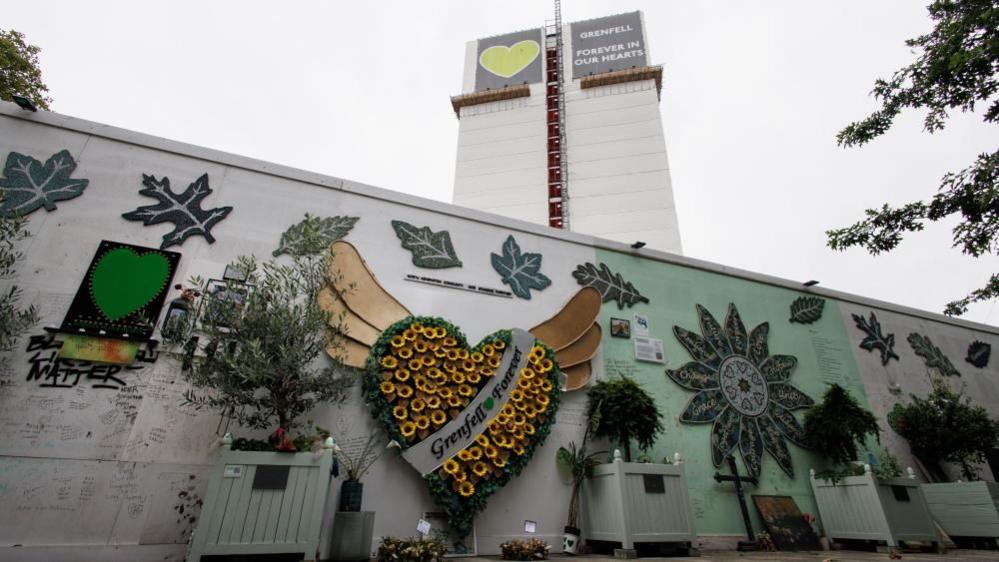
- Published
Housing Secretary Angela Rayner has said it is "not acceptable" that more than 2,000 buildings still need to have unsafe cladding removed.
She vowed to put pressure on developers to carry out the works following the release of a damning report on the 2017 Grenfell Tower fire.
Campaigners say tenants living in buildings still fitted with dangerous materials have been left facing higher service fees and are unable to sell their properties. On Thursday, one group urged the government to "get a grip on the building safety crisis".
Ms Rayner did not set out a timeline for the works to be completed by or announce specific measures for speeding up the process.
She was pressed on what action the government will take to improve fire safety for thousands of people after the Grenfell report shone a light on "decades of failure" in Whitehall, local government and the construction industry.
It concluded all 72 deaths in the west London tower block fire in June 2017 were entirely avoidable. Flammable cladding was identified as the most significant factor in the blaze.
As of July, work at half of the 4,630 buildings over 11m (36ft) identified as needing dangerous cladding removed had not yet started, according to government figures, external.
Upgrades are under way at 949 buildings, and have been completed at 1,350.
Ms Rayner, who is also deputy prime minister, said she was "astonished" at the number of buildings where work is still needed.
She told BBC Breakfast there is "no excuse" for building owners failing to act, adding there is £5 billion of government funding available to support the programme.
Ms Rayner said efforts had been slowed by the "very complex" ownership structures behind some developments.
"Some are owned offshore, and I'm looking at that now and how we can continue to really hold these building owners to account, to make sure that they do the work," she continued.
Rayner pledges to make buildings 'as safe as they possibly can be'
The Cladding Safety Scheme, announced by the previous government in November 2022, was set up to help pay for the removal of dangerous cladding on buildings 11m and above in height.
The person or organisation legally responsible for the external repairs of a building are able to apply for assistance if they “cannot afford to carry out the work themselves or feels that it is not their responsibility to do so”, according to the housing department.
Giles Grover, from the End Our Cladding Scandal campaign group, said the government needed to "get a grip of the building safety crisis and help all leaseholders and residents finally move on with their lives".
He called on the government to make the construction industry pay rather than leaseholders of flats with dangerous cladding.
"Now that they are in government, Labour must show that it has the political will to finally deliver a long-lasting solution that protects innocent victims of this scandal," Mr Grover told the BBC.
The Grenfell Tower inquiry report set out 58 recommendations to avert similar tragedies in future, which Ms Rayner said the government would respond to in around six months.
Pushed on why it would take so long, she told BBC Radio 4's Today programme ministers needed time to take in the 1,700-page report "in detail" and speak to building safety regulators and other government departments.
She said some recommendations "could be done much quicker".
'Systematic dishonesty'
The six-year public inquiry reported back on Wednesday, prompting an official apology from Prime Minister Sir Keir Starmer on behalf of the British state to victims of the tragedy.
It found that a cladding manufacturer “deliberately concealed” fire risks, while successive Conservative and coalition governments “ignored, delayed or disregarded” concerns over more than three decades.
Among other key findings of the report were:
"Systematic dishonesty" by manufacturers of cladding and insulation
US firm Arconic, manufacturer of the Reynobond 55 cladding fitted to Grenfell Tower, were found to have deliberately concealed the true extent of the danger of using its product - which it denies
Manufacturers made "false and misleading claims" over the safety and suitability of insulation to the company which installed it
London Fire Brigade had failings in its training processes and a lack of a strategy to evacuate the building
The local council and its social housing arm had a "persistent indifference to fire safety, particularly the safety of vulnerable people"
How building safety is managed in England and Wales is “seriously defective”
Watch on iPlayer
I Was There: Grenfell
- Attribution

Sign up for our Politics Essential newsletter to read top political analysis, gain insight from across the UK and stay up to speed with the big moments. It’ll be delivered straight to your inbox every weekday.
Related topics
- Published4 September 2024
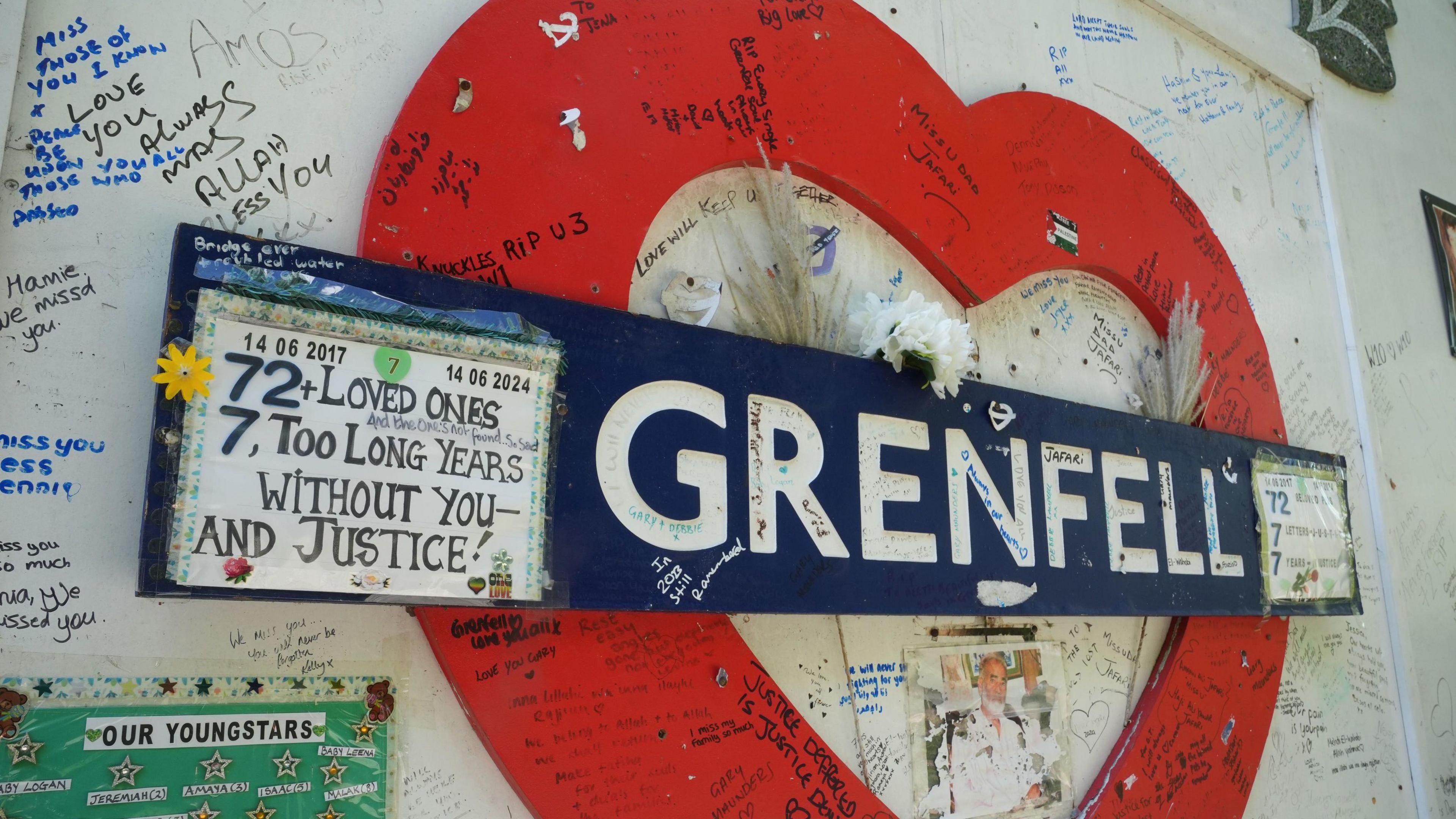
- Published4 September 2024
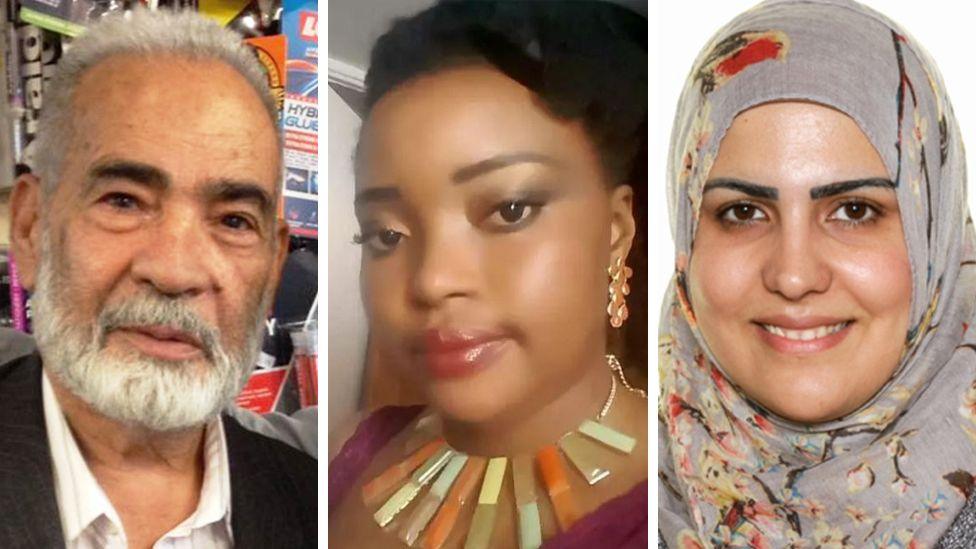
- Published4 September 2024
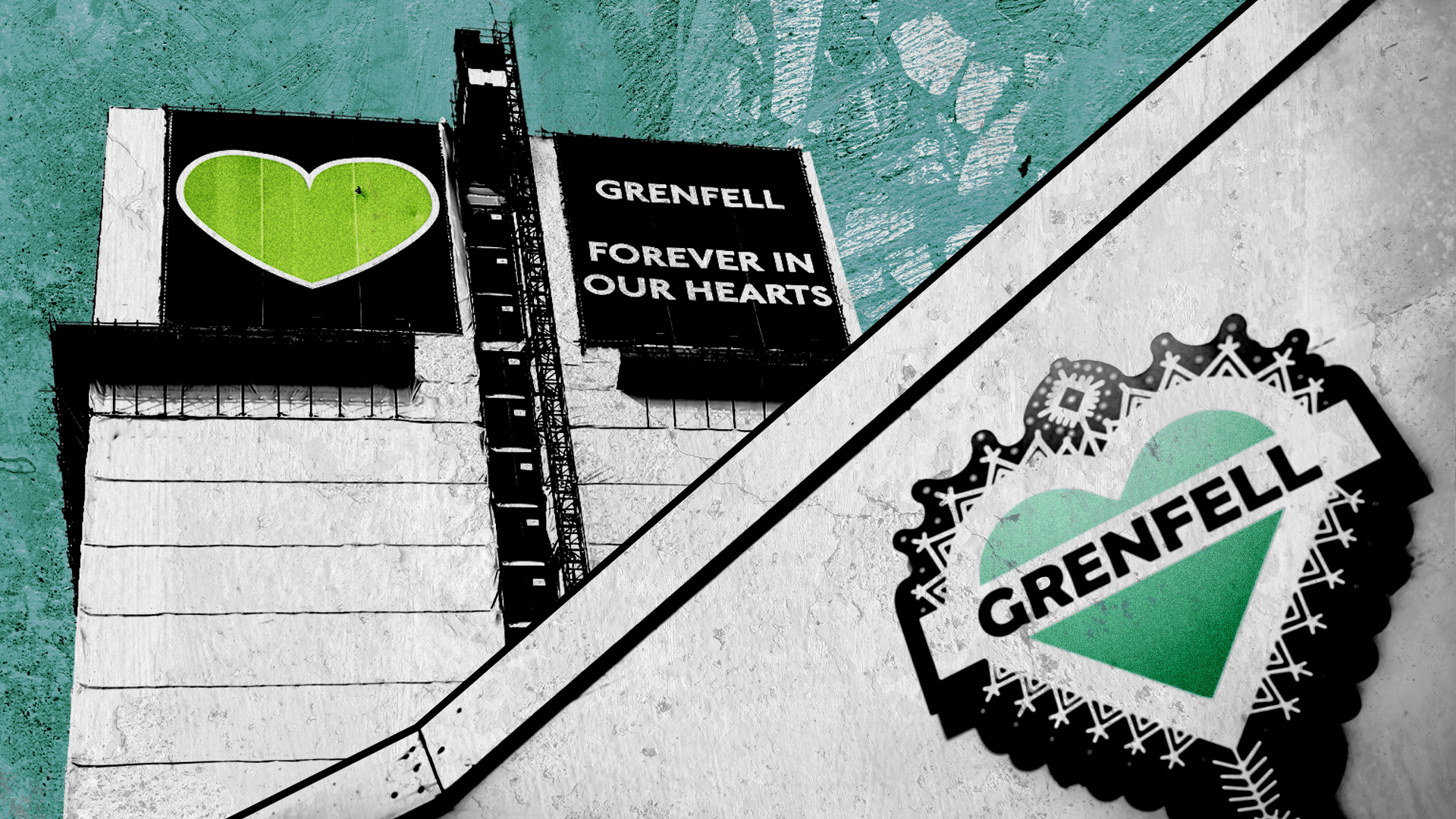
- Published4 September 2024
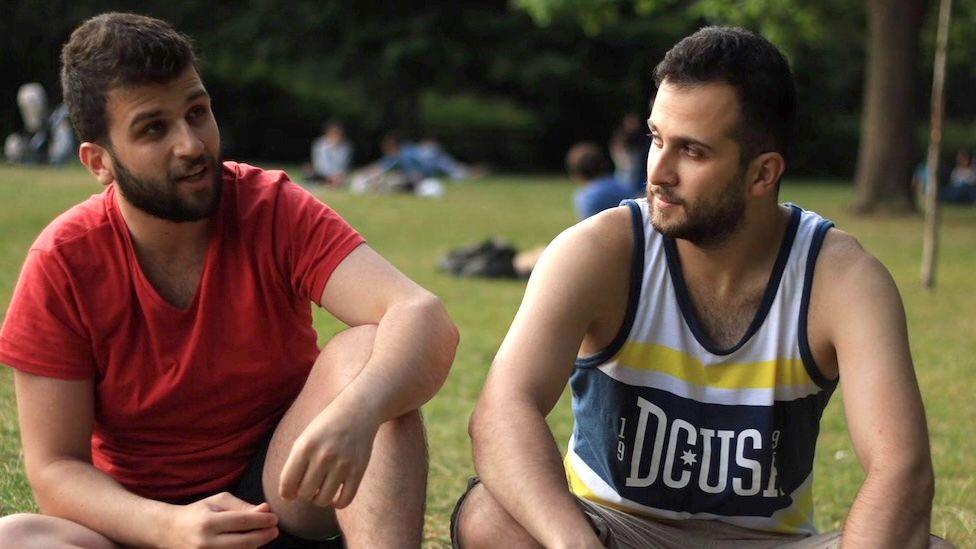
- Attribution